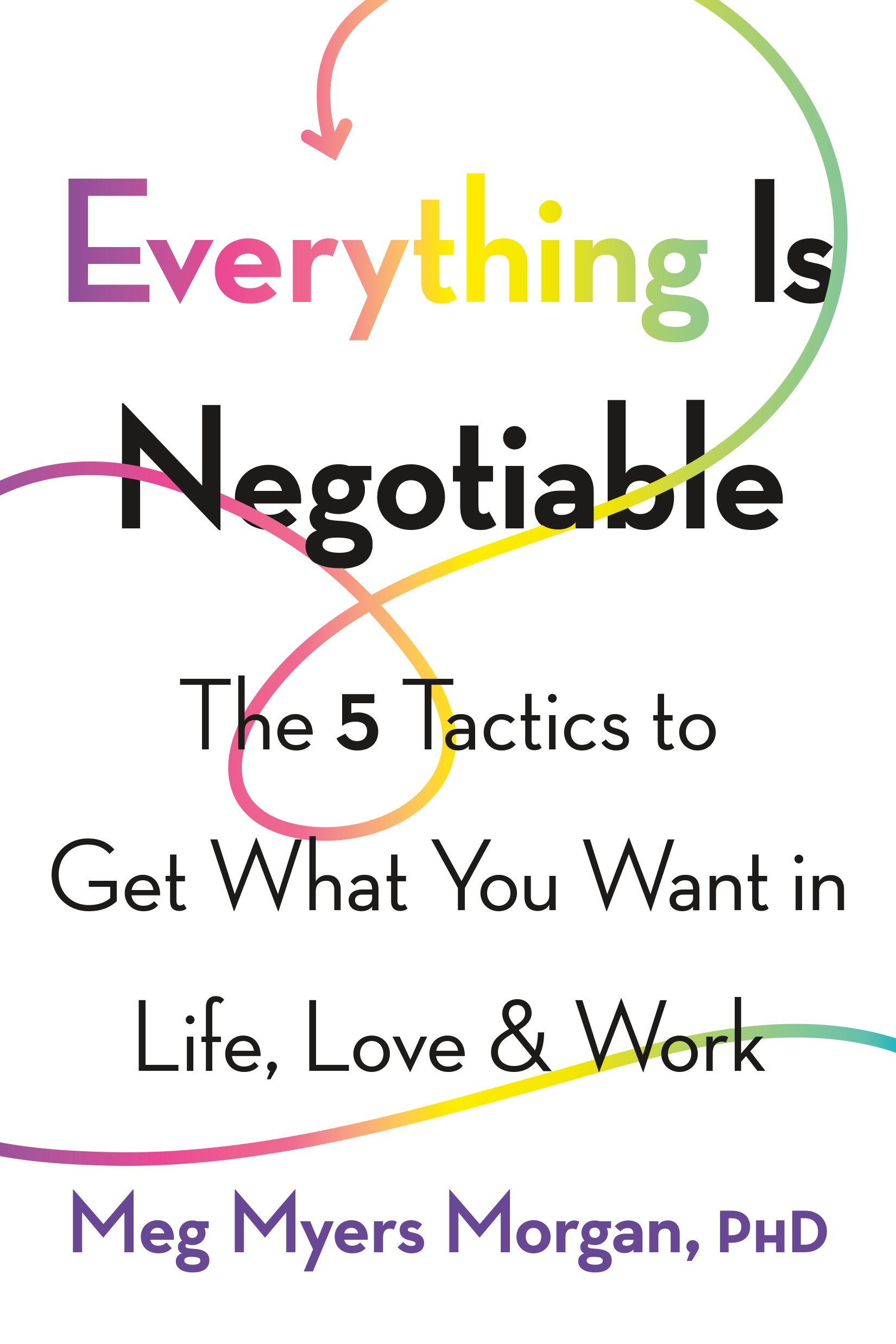Tess was in my office, upset. She had just taken a new job and was already battling criticism. Her new position was a coveted role at a highly sought-after organization. All eyes, she felt, were on her. Though she was beyond capable of doing the job, she had heard rumors of people saying she wasn’t at all qualified. As her eyes became glossy with tears, she confessed she was worried everyone was right. This happens when anyone—especially a woman—rises up. With more visibility, and more substantial contribution to anything, comes one absolute guarantee: more chances to be criticized.
The most frightening things in life are always those that are unavoidable, and criticism is no exception. At a certain point, I realized that criticism was coming at me whether I liked it or not. While I still find criticism hard to digest sometimes, I’ve come a long way in learning how to process it. Every time a student comes to me worried about criticism, I try to push these five points:
- Criticism is not created equally. I’m always fascinated by customer reviews, especially on women’s clothing. It seems as if some women write a review just so they can humble-brag about their shape: “I’m 5’3” and weigh 110—mostly breast weight—and the XS was swimming on me!” I’m also intrigued by the wide range of reviews on books. One of the best lessons on criticism and perspective is to look up your absolute favorite book on Goodreads and read (perhaps in horror) what others think of it. The point is that each reader gets an equal chance to post a book review. Each top-heavy woman gets an equal chance to criticize the spring line. But we don’t have to accept critiques equally. If you look more closely at the nay-sayers of any product, book, or sweater vest, you can see that sometimes the reviewer seems either inordinately hard to please or is not the intended audience. Criticisms that seem more measured and come from rational people who were the intended audience should get more weight. Sure, everyone gets an equal voice when it comes to criticism, but you must never give all criticism equal weight. Always consider the source. Those consumers invested in your product are typically not the ones who spew venom. And remember that usually for every star, there’s someone out there giving you a high five.
- Just because someone says it doesn’t make it true. I received a student evaluation that said, “This professor WILL NOT respond to emails. So don’t expect any of her attention.” When I read this, I was baffled. The part of my job I know I am the best at is being responsive and attentive. I aim to respond to every email the same day I receive it. I meet with students after class, sometimes for hours. I set up appointments to meet with students, even during winter and summer breaks. Hell, I give students my cell number! Now, maybe there was a student whose email went unanswered, but dear god, email me again. Call my cell. Stop by my office. Have my kidney! The point is: I was being criticized for the very thing I prioritize the most. And when I thought about it, I couldn’t think of a way I could be any more accessible (perhaps I should be far less) and so I realized that just because someone says it doesn’t make it true.
- Pan for gold among the rubble. About three years into my career I started hearing some negative feedback about how I carried myself around campus. A fellow faculty member stopped by and said, “Just so you are aware, some people are saying you are kind of a self-promoter.” This is funny to hear as an academic because my first response was, “Yeah, who isn’t?” But then another person, a staff member, told me the same thing. No one would tell me who was saying this, why they were saying it, or what exactly they wanted me to do about it. How was I promoting myself? I couldn’t get to the bottom, or the source, of this criticism and I felt wholly on the defense. I was out to lunch with a friend, moaning about these criticisms I kept hearing, and he said, “Well, even if this criticism is unfounded, can you find a kernel of truth in there?” When I stopped and thought about it, without focusing on my own hurt feelings, I could see there was. Admittedly, I’m an enthusiastic and expressive person (perhaps not the most common personality traits among academics). And I realized I tend to excitedly talk a lot about my students; jobs they got, research they did, insights they shared in class. While I didn’t feel I was shamelessly self-promoting, I began to see how my constant enthusiasm for my role could be interpreted as tooting my own horn. This doesn’t mean I toned down my enthusiasm—in fact, some of this felt like the regular shit women hear about themselves when they have any kind of success—but it did make me more mindful about certain ways I express it. Criticism is going to be 80 to 90 percent rubble; but shake the pan a little and see if there’s any gold. Then throw out everything that is just the stuff of fools.
- It hurts, but it won’t kill you. I once wrote an article for a major print publication. When it went up online I was thrilled to see a handful of nice comments pop up. But then came one that shook me a bit. Then another. And another. I’d never seen such anger spewed over an article that I didn’t think was all that controversial. These comments attacked my writing, my teaching, and even my mental stability. While I knew that just because the comments were written didn’t make them true—and I was certainly considering the sources—I did feel humiliated by the ass-chewing these anonymous people were giving me. My first reaction was: I should never write again. My second reaction was: Well, I’ll keep writing, but I’ll stop trying to publish. My third reaction: What do I want for lunch? In the moment, it seemed like a big, fat deal to be trash-talked on the Internet, but then I realized it didn’t kill me. It didn’t interrupt my life, it didn’t cost me my job, and it didn’t even stop me from writing. Not even for a day. It just made for a few minutes of stewing and that was it. That. Was. It. An hour later I was enjoying a chicken salad sandwich with a friend. Hey, hearing (and reading) bad stuff about yourself is never fun or easy. But take heart, knowing you will ultimately be okay.
- Be the criticism you wish to see in the world. I don’t claim to know sports all that well, but allow me to use this metaphor: The best defense is a good offense. You cannot avoid the criticism that is coming at you, nor should you—it’s not only proof you are doing something substantial enough to criticize, but it’s also the very thing that can make you even better. I find the best thing I can do is to be mindful of the criticism I give. I try to resist making catty comments, behind-the-back remarks, or mean-spirited gossip. I don’t rip authors to shreds on Goodreads and I don’t attack strangers on social media. I reserve criticisms for when I know the person is open and asking for feedback, and then I try to make it helpful and constructive. This does a couple of things: 1) it sets an expectation to others about how I would like to receive feedback, and 2) it helps me rest easy when I get a mean student evaluation or hear a super snarky comment about my work, because I know I’m not guilty of being reckless with my criticism of others.
Even still, criticism sucks. Embrace that it sucks and try to remember that some things are simply unavoidable. Some critiques will be outliers; some will be helpful; perhaps all of them will be hurtful. But in the end, all you can do is be the best you can, learn when you can, and let the rest go.

Published with permission from Everything is Negotiable: The 5 Tactics to Get What You Want in Life, Love, and Work by Meg Myers Morgan.

